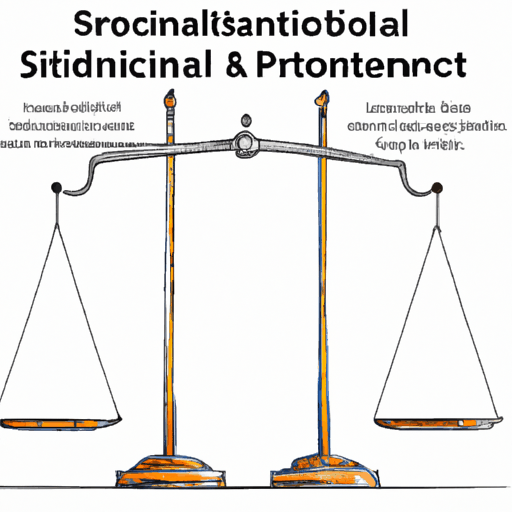
Learn Concept: Understanding the Impact of Institutional Crypto Restriction and Regulation
By: Eva Baxter
The cryptocurrency sector is constantly evolving. One recent development is that Circle, an issuer of the USDC stablecoin, has decided to limit the minting of their stablecoin to just institutional clients (source). This decision, which seemingly aligns Circle's practices with those of Tether's, means that retail investors interested in acquiring USDC will now have to use exchanges or brokerages for their transactions. This shift may predict a rise in exchange-based transactions and change the manner in which retail investors interact with the USDC market in the future.
In addition to this case of a private company imposing restrictions, there are also noteworthy external regulations being implemented. Important examples are the arrests of SafeMoon's executive team by the Department of Justice (DOJ), following an indictment and SEC charges against them for allegations of conducting a fraudulent scheme (source). Other instances include PayPal gaining regulatory approval as a registered crypto service provider in the UK (source), and BitGo obtaining a crypto custody license in Germany (source). These moves can potentially bring mainstream financial services closer to the cryptocurrency sector. But they also lay bare the complexities of operating in a heavily regulated financial industry.
Such cases highlight the intricate balance between operational policies of institutional players and regulatory standards that can have direct implications on the dynamics of the crypto market. They offer key insights into the interplay between institutions, government regulations, and market trends that are crucial for advanced users to comprehend.



